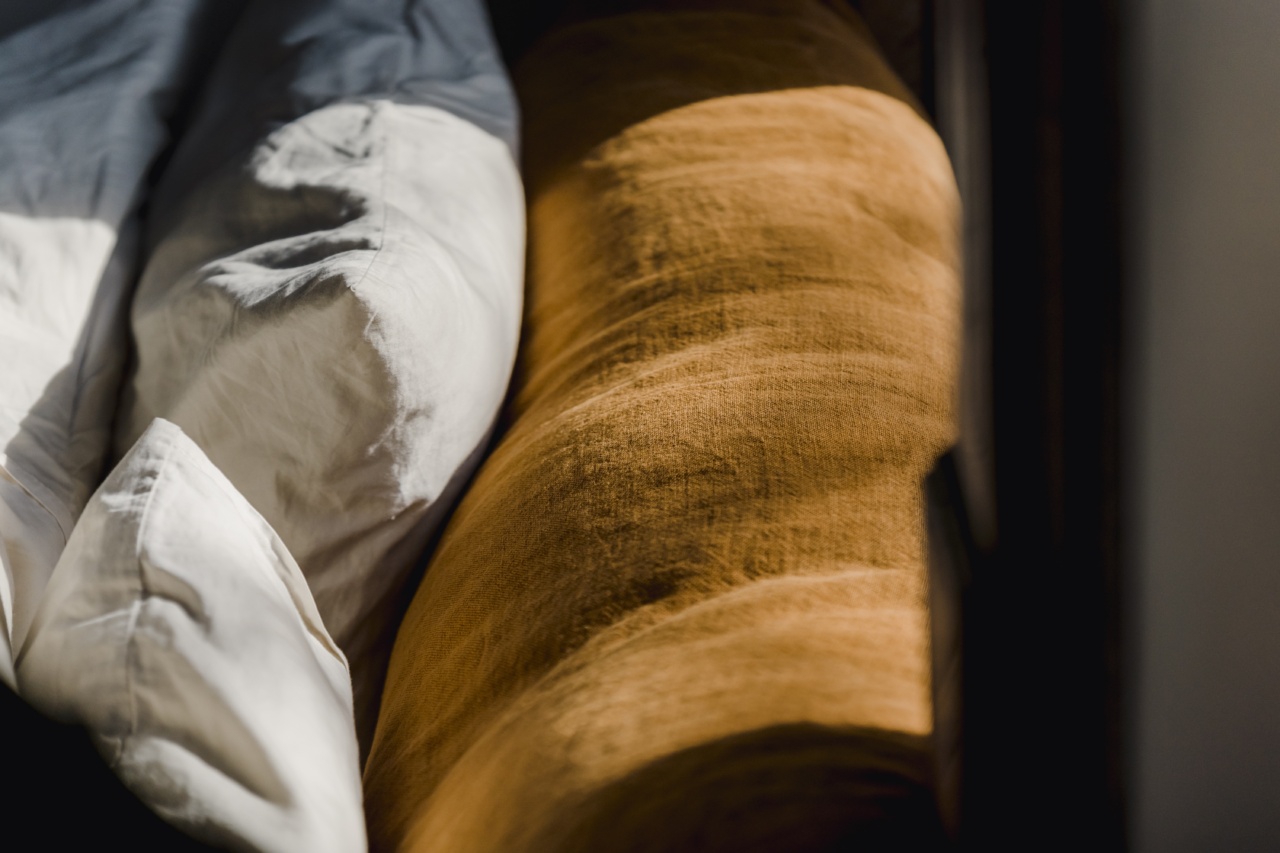Revolutionary materials for back acne elimination
Back acne, also known as bacne, is a common skin condition that affects many people around the world. It can be caused by various factors, such as genetics, hormonal changes, sweat, and bacteria.
Bacne can be difficult to treat, especially if it is severe or chronic. However, there are several revolutionary materials that can help eliminate back acne effectively and safely.
Salicylic acid is a beta-hydroxy acid that exfoliates the skin and unclogs pores. It is a common ingredient in many acne treatments, including those for bacne.
Salicylic acid can penetrate deep into the pores and dissolve the buildup of dead skin cells, oil, and bacteria that cause acne. It also has anti-inflammatory properties that can reduce redness and swelling. Salicylic acid is available in various forms, such as cleansers, toners, spot treatments, and body washes.
It is generally safe and well-tolerated by most people, but it may cause dryness and irritation if overused or if you have sensitive skin.
2. Benzoyl peroxide
Benzoyl peroxide is a powerful oxidizing agent that kills acne-causing bacteria and reduces inflammation. It is available in various strengths, ranging from 2.5% to 10%, and in various forms, such as creams, gels, and washes.
Benzoyl peroxide can be very effective in treating mild to moderate bacne, but it may cause dryness, peeling, and irritation if used excessively or if you have sensitive skin. It can also bleach clothing and towels, so be careful when applying it.
3. Retinoids
Retinoids are derivatives of vitamin A that can unclog pores, speed up cell turnover, and reduce inflammation. They are commonly used to treat acne, wrinkles, and other skin conditions.
Retinoids are available in various forms, such as gels, creams, and serums, and in various strengths, ranging from over-the-counter to prescription-only. Retinoids can be very effective in treating bacne, but they may cause dryness, peeling, and sensitivity to sunlight if not used properly.
They may also cause birth defects if used during pregnancy or while breastfeeding, so it is important to use them under the supervision of a doctor.
4. Tea tree oil
Tea tree oil is an essential oil that has antimicrobial, anti-inflammatory, and antioxidant properties. It is a natural remedy that has been used for centuries to treat various skin conditions, including acne.
Tea tree oil can kill acne-causing bacteria and reduce inflammation without causing dryness or irritation. It is available in various forms, such as creams, gels, and oils, and can be used alone or in combination with other acne treatments.
5. Charcoal
Charcoal is a natural ingredient that can absorb toxins, impurities, and excess oil from the skin. It is commonly used in skincare products, such as masks, cleansers, and scrubs, to detoxify and purify the skin.
Charcoal can also help unclog pores and prevent acne. It is generally safe and well-tolerated by most people, but it may cause dryness and irritation if used excessively or if you have sensitive skin.
6. Zinc oxide
Zinc oxide is a mineral that has antibacterial, anti-inflammatory, and wound-healing properties. It is commonly used in sunscreen and diaper cream, but it can also be used to treat acne.
Zinc oxide can reduce inflammation, redness, and bacterial growth, and it can also help regulate oil production. It is available in various forms, such as creams, ointments, and powders, and is generally safe and well-tolerated by most people. However, it may cause dryness and irritation if overused or if you have sensitive skin.
7. Aloe vera
Aloe vera is a plant that has anti-inflammatory, antimicrobial, and wound-healing properties. It is a natural remedy that has been used for centuries to treat various skin conditions, including acne.
Aloe vera can reduce inflammation, redness, and swelling, and it can also help heal acne lesions. It is available in various forms, such as gels, creams, and juices, and can be used alone or in combination with other acne treatments.
8. Niacinamide
Niacinamide is a form of vitamin B3 that can reduce inflammation, oil production, and pore size. It can also improve the skin barrier and prevent moisture loss.
Niacinamide is commonly used in skincare products, such as serums, moisturizers, and toners, and is generally safe and well-tolerated by most people. It can be very effective in treating acne and preventing future breakouts.
9. Green tea
Green tea is a rich source of polyphenols, antioxidants, and anti-inflammatory compounds. It can help regulate hormone levels, reduce inflammation, and prevent bacterial growth. Green tea can also improve skin texture and elasticity.
It is available in various forms, such as teas, extracts, and supplements, and can be used alone or in combination with other acne treatments.
10. Probiotics
Probiotics are beneficial bacteria that can help improve gut health and boost the immune system. They can also help regulate hormone levels and reduce inflammation.
Probiotics are available in various forms, such as foods, supplements, and skincare products. They can be very effective in treating acne and preventing future breakouts by restoring the balance of good bacteria in the body.
If you suffer from bacne, you may want to try one or more of these revolutionary materials to help eliminate your acne and improve your skin health.
However, it is important to consult with a dermatologist or healthcare provider before using any new acne treatment, especially if you have sensitive skin or if you are pregnant or breastfeeding. With the right treatment and care, you can achieve clear, healthy, and radiant skin.






























